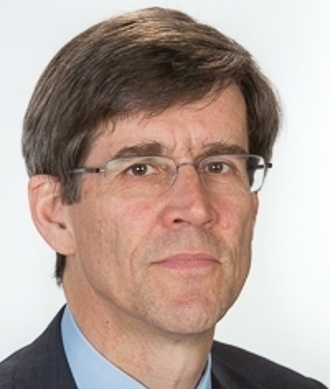Globalisation also touches the law
As recently as half a century ago, public international law primarily reflected the needs of a limited number of States: the maintenance of friendly international relations, the resolution of disputes and the protection of their sovereignty. This is no longer the case. Today public international law operates in an increasingly globalised society. Multinationals such as Royal Dutch Shell seek protection for their worldwide investments. War criminals from the former Yugoslavia and the Democratic Republic of Congo can be put on trial in The Hague, and international organisations are increasingly made responsible for resolving transnational problems and challenges, such as climate change, the pollution of the environment and economic development. The international society has evolved over the years and so has the law, but sometimes it lags behind.
Eliminating bottlenecks
The members of the Grotius Centre seek to make sure that peace and justice are safeguarded in this new and complex world, focusing primarily on the bottlenecks that may arise in practice. For example, how can individuals be protected against the power of the UN Security Council now that the Security Council no longer imposes sanctions only on States, but also on individuals? Can an international organisation be held accountable before a national court? Should the law of armed conflict or international humanitarian law be modernised now that States make use of digital means and methods of warfare, such as unmanned and even autonomous weapon systems? To what extent does the law protect the environment and natural resources before, during, and after an armed conflict? Is secession allowed under public international law and what is the scope of the right of self-determination of peoples? And to what extent should questions of sustainable development, anti-corruption norms and the protection of human rights play a role in solving international trade and investment disputes?
Eyes wide open
The members of the Grotius Centre may each have their own area of expertise, but they certainly look at these issues in a wider perspective. After all, the various areas of public international law are closely related. Not only do they work together on certain projects, by also cooperate with scholars from other disciplines. By working together with historians, sociologists, economists and political scientists, they develop a better understanding of the (world behind) the law. For example, a team of researchers recently visited a number of African countries in order to look at the impact of the decisions of the International Criminal Court in The Hague. By doing so, they intend to improve the functioning of the Court.
Scholarship and legal practice
You can only suggest relevant solutions if you understand legal practice. This is why the members of the Grotius Centre combine legal scholarship with legal practice. They maintain close relationships with the International Court of Justice in The Hague, the Ministries of Foreign Affairs and Justice, the Security Council in New York, and various human rights bodies in Geneva. They are appointed as commissioners, appear as experts in arbitral proceedings, and teach judges, lawyers and administrators in various stages of their careers. The results of their research are therefore not only available in scholarly publications, but are also shared with those who are responsible for making the rules and finding justice.
More information:
Leiden Law School- Grotius Centre



















